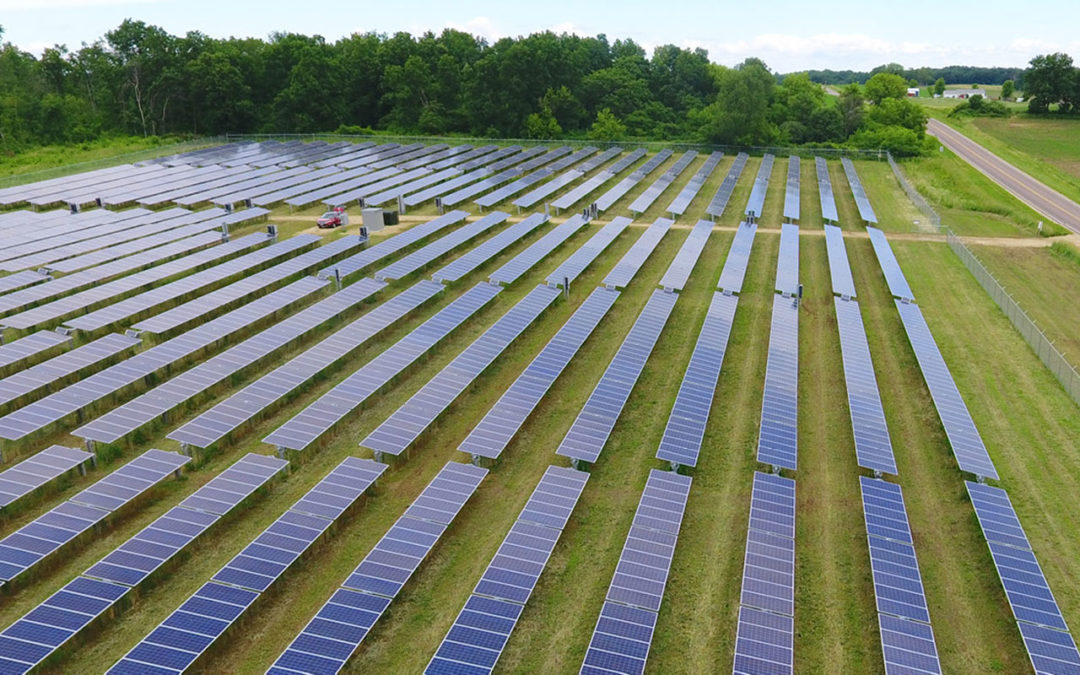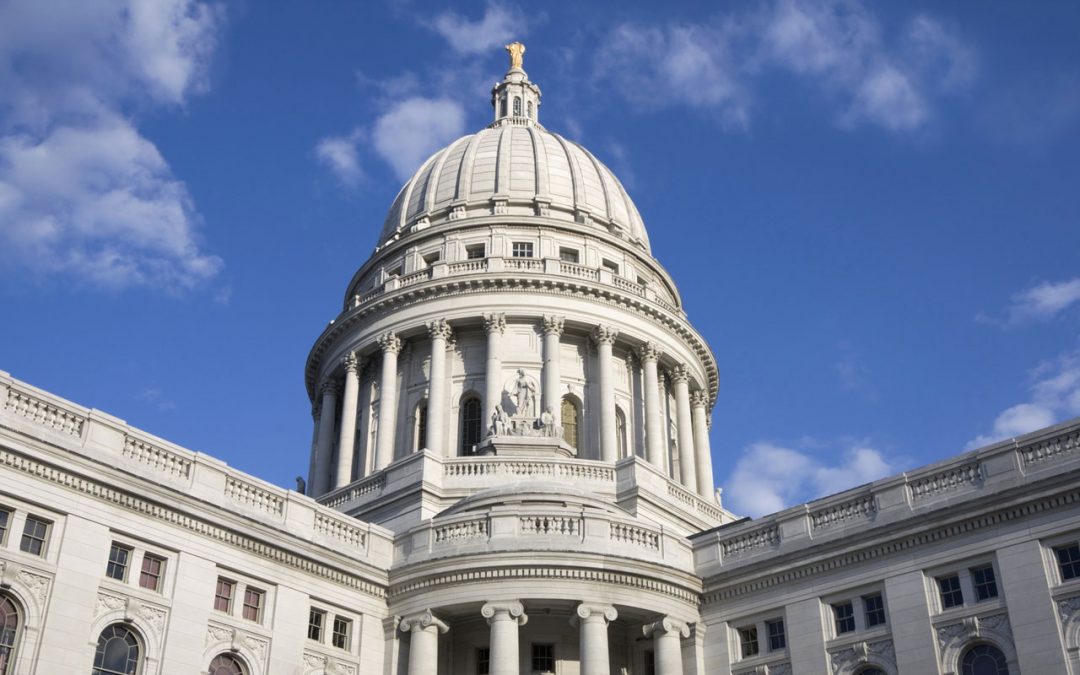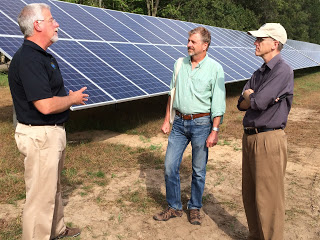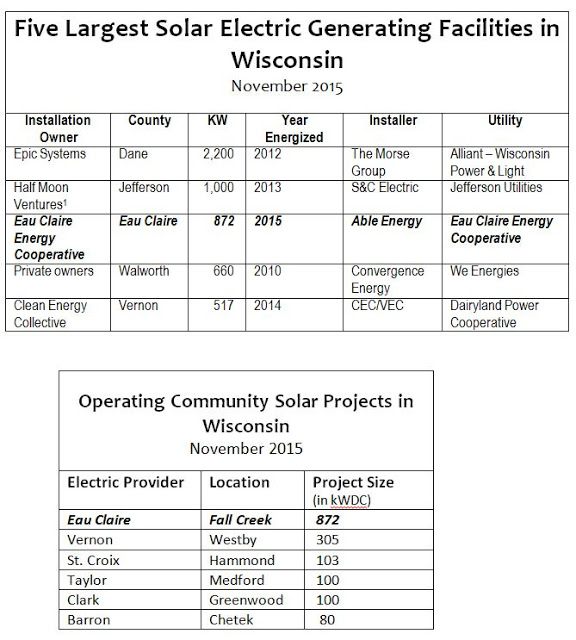
Community Solar for Everyone
This blog is from 2021 and does not reflect the 2023 iteration of the Community Solar Bill. For information on the current iteration check here.
Over the past few months, RENEW Wisconsin and our partners have been developing statewide policies that would expand customer access to community solar projects. The National Renewable Energy Laboratory defines community solar, also known as shared solar or solar gardens, as a distributed solar energy deployment model that allows customers to buy or lease part of a larger, offsite shared solar photovoltaic (PV) system. Community members subscribing to a solar facility receive credits for their share of the power produced, either in electricity bill savings or energy (kWh) credits.
New community solar projects are being rapidly developed around the country; 21 states, including Minnesota and Illinois, have already enacted policies that expand the community solar market between subscribing organizations and participating customers. Community solar deployment in the United States has achieved a five-year annual growth rate of 53%[1]. But, lacking statewide policies to promote community solar options, Wisconsin is quickly falling behind.
Since 2010, the number of solar energy systems purchased by US homeowners and businesses has grown tenfold. By the end of 2019, nearly two million homeowners and businesses were reaping the rewards from producing solar-generated electricity. Solar power is popular with many US consumers, and it has become an affordable option for many households and businesses. Yet access to solar power is limited. More than 50% of Wisconsin households cannot access solar energy onsite because they rent, live in multi-tenant buildings, have roofs that cannot host a solar system, or experience some other constraining factor.
In Wisconsin right now, only regulated utilities and cooperatives can provide energy from solar gardens to customers. A few utilities, like Madison Gas and Electric, offer a shared solar service that customers can enroll in today. However, most Wisconsin utilities do not currently have a comparable program available for their customers. That lack of access will persist unless state lawmakers adopt a modernized policy to promote a robust community solar marketplace.
Senator Duey Stroebel (R – Saukville) and Representative Timothy Ramthun (R – Campbellsport) have introduced legislation that would expand access to community solar in Wisconsin. This legislation enables the development of more community solar and supports energy freedom, expands customer choice, saves money on your utility bill, all while creating healthier and more resilient communities.
With a stronger statewide community solar policy, we would open the door for homeowners, businesses, schools, churches, and nonprofits to supply themselves with clean, affordable electricity from a local solar array.
Community solar legislation would benefit all utility customers by adding locally generated electricity to our energy grid while strengthening the rural economy at the same time. Community solar brings guaranteed savings for every subscriber as well as predictable and stable long-term energy costs. It gives customers a choice to support local clean energy projects while expanding access to affordable renewable energy for low-to middle-income residents.
Community solar expansion would allow more Wisconsin farmers to lease their land to host solar arrays and receive a guaranteed secure income for 25 years or longer. This drought-resistant cash crop is especially valuable for Wisconsin’s agricultural communities facing economic stress.
The soil underneath the panels can be planted with a variety of native plants and perennials. In addition to minimizing agricultural runoff and fixing nutrients in the soil, these perennials create a high-quality habitat for bees, butterflies, and other insects that move pollen in and around the fields and improve farm productivity.
When solar panels have reached the end of their useful lives, the equipment can be removed, and crop production can resume on the land that has become more fertile as a result of the native plantings.
A robust community solar market in Wisconsin will create thousands of jobs, spur hundreds of millions of dollars in economic growth, and save customers millions in utility bills. Community solar is proven to support economic development, expand consumer choice and bring clean energy to urban and rural communities across Wisconsin.
Learn more about the proposed community solar legislation at www.wisolarcoalition.com.
[1] The Vision of US Community Solar: A Roadmap to 2030



